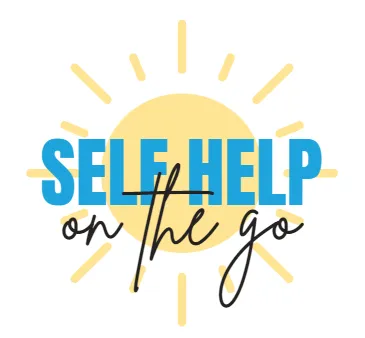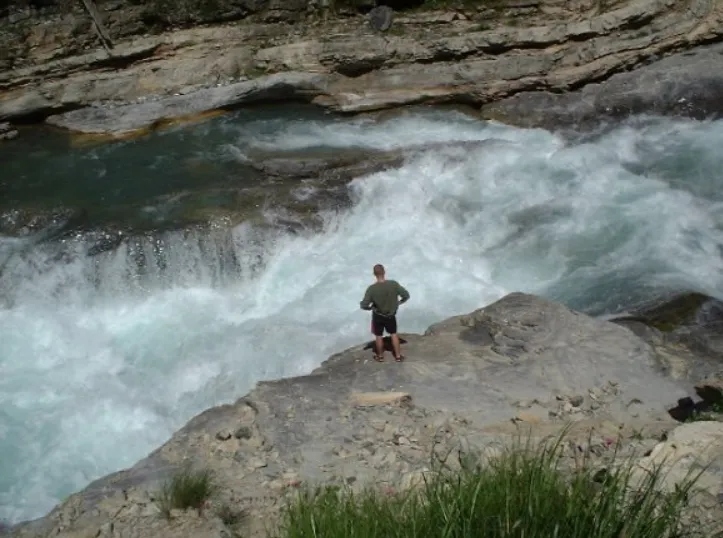

Get Off The Raging River
Interpersonal anger can seem a lot like a wild, whitewater river, rushing us along swiftly until we crash into the rocks. It feels like one step leads inevitably to another, without options or choice. If you’ve had that experience with rage, you might want to slow your actions down and see that there are actually a number of options in your conflicts with others. There are almost always several opportunities to paddle into calmer water and circumvent harmful anger.
Anger with our loved ones usually begins with frustration or pain. Fear of consequences follows – “I can’t put up with this or I’ll lose everything and my life will be ruined.” Next, especially when you’re mad at someone else, there appears an assumption that the other person is trying to upset you or to take advantage of you – they are doing it on purpose. So, they must be a bad person who won’t fight fair, and you feel like you had better defend yourself. In fact, you might need to get back at them for making you feel this way.
When you break it down in this way, you can see that there are a number of places where your conclusions might be faulty. You could steer your thoughts and feelings in a very different direction by considering alternative explanations.
Here are some examples:
For your pain, “I don’t need to make such a big deal out of it – I’ll feel better soon. Sometimes people lash out and say things they don’t really mean”
For fear tell yourself: “I’m getting too upset. I can find a solution after I’ve calmed down. I don’t want to pressure me or my loved one into doing something hasty and stupid.”
When it seems to be on purpose, “Maybe we see things differently. We can talk this out.”
When someone you usually care about seems to be a bad person, say, “Everyone makes mistakes. I can still value our relationship.”
When you feel hurt by someone and feel like hurting them to get back at them, say “I’m OK and in control. Let’s solve our problems rather than blame each other.”
With intense interpersonal anger, it is crucial that you and your partner learn to let each other take a time out instead of letting anger poison your feelings for each other. Try saying this: “I’m getting too angry. I need to take a break and calm down. You can think what you want. Our relationship is really important to me. I promise I’ll come back and talk about this when I’m calmer.”
Once you slow down, find a calmer place in the river and paddle in place for a while. You’ll usually see there are actually several ways to understand what happened. When you react differently, you are likely to find a stronger, more reasonable solution to your conflict, and you may even find that you get a really different reaction from the person you are in conflict with than your initial anger suggested you would get.